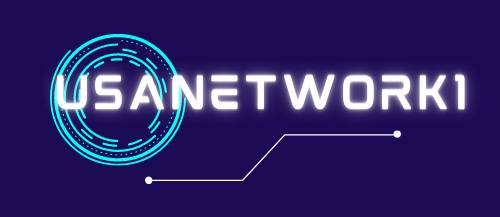Under which section of income tax, how much tax exemption is available, if you do not know get, complete information here.

Under which section of income tax, how much tax exemption is available, if you do not know, get complete information here.
overall budget
An annual income of 7 lakhs is now tax-free under the new regime.However, the old tax system has been maintained as well.As a result, those who want to save income tax by investing can continue to do so.Previously, a person received tax exemption on investments and expenses under various headings such as Income Tax Sections 80C, 80D, 80CCD(1b), HRA, and LTA.Let us inform you that income tax exemption is available on investments made until March 31, 2023.In such a case, if you are employed and have not yet invested to save taxes, do so immediately.
Section 80C Tax Exemption: If you choose the old tax regime, you can claim a maximum deduction of Rs 1.5 lakh under Income Tax Section 80C.An individual can save Rs 46,800 in taxes by using Section 80C deduction (including cess).Employees Provident Fund (EPF), Public Provident Fund (PPF), 5 year FD, ELSS Mutual Fund, and other investment vehicles qualify for Section 80C tax exemption.Aside from that, you can get an exemption under section 80C for paying your children’s school fees, life insurance premiums, and the principal amount of your home loan. Under which section of income tax, how much tax exemption is available, if you do not know, get complete information here.
Section 80CCD tax exemption (1b):
This section of income tax allows you to deduct an additional Rs 50,000 for investments made in the National Pension System (NPS) during the fiscal year.
This deduction supplements the section 80C deduction.As a result, an individual can claim a deduction of up to Rs 2 lakh under sections 80C and 80CCD(1b).
Exemption from tax under section 80CCD(2):
An employee may claim this deduction if his or her employer contributes to the NPS account.An employee’s maximum deduction is 10% of his or her salary.A maximum deduction of 14% of salary is allowed for government employees.
Section 80D Tax Exemption:
This benefit is available on the premium paid for the health insurance policy.Individuals under the age of 60 are eligible for a maximum deduction of Rs 25,000 under this section.If the individual is a senior citizen, a maximum deduction of Rs 50,000 can be claimed.In addition, if the parents’ health insurance premiums are paid, an additional deduction can be claimed.As a result, a person who pays health insurance premiums for himself (as well as his or her spouse and dependent children) and parents can claim a maximum deduction of Rs 50,000 to Rs 1 lakh.
HRA tax exemption:
If you receive House Rent Allowance (HRA) as part of your salary and live in a rented house, you are eligible for HRA tax exemption.
Mortgage interest deduction,A taxpayer who has taken out a home loan can deduct the interest paid on the loan under section 24, in addition to deducting the principal repayment.You can claim a maximum deduction of Rs 2 lakh under this section.
Under which section of income tax, how much tax exemption is available, if you do not know, get complete information here.
In the previous tax regime, the standard deduction was $50,000.
A salaried individual is eligible for a standard deduction of Rs 50,000 from salary income.There are no documents required to claim this deduction.It is a direct deduction from a salaried employee’s salary income.
[ad_2]


